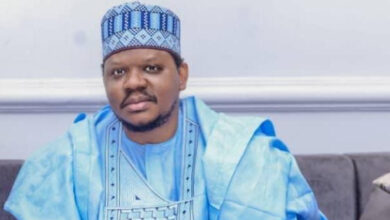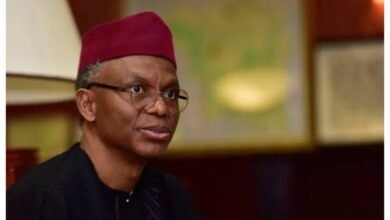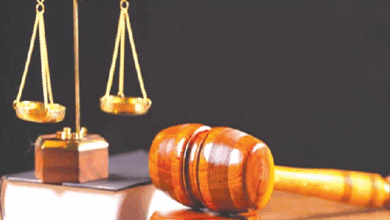When the waters recede, the trauma remains
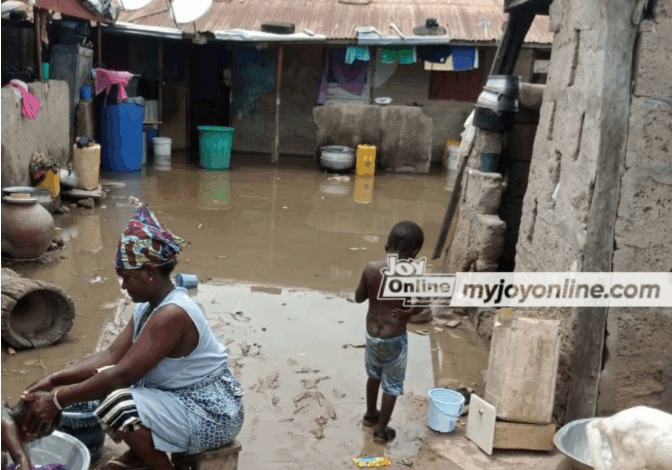
The sound of rushing water. The haunting silence that follows. A child clutching a damp schoolbag, a mother staring at what was once her home. These moments fade from our screens far too quickly, yet for those who lived them, they never end.
I think of Mepe, the Volta Region town that became a symbol of heartbreak when the Akosombo Dam spillage left homes, memories, and futures submerged. The nation watched, prayed, and donated. Volunteers arrived with food, blankets, and hope. But when the waters receded and the headlines moved on, many survivors were left to face a quieter crisis, one no camera could capture: the trauma that lingers long after the flood.
On 10 October, the world observed World Mental Health Day, a moment set aside each year to reflect on the importance of mental wellbeing and to advocate for stronger support systems.
The 2025 theme, “Mental Health in Humanitarian Emergencies,” could not have been more fitting for Ghana, a country that has, in recent years, witnessed disasters that test not only our infrastructure but also our emotional resilience.
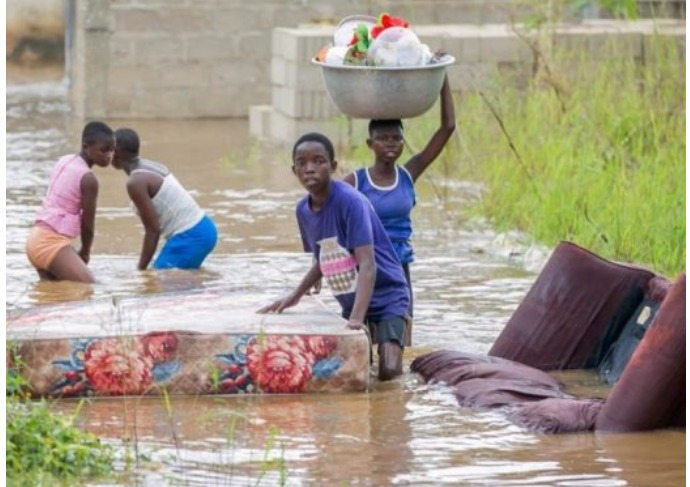
Across the globe, and here at home, emergencies destroy more than structures; they fracture minds. They erode safety, belonging, and certainty. Yet our response systems often treat psychological recovery as optional—something to be addressed later, if at all.
When Strength Becomes Silence
Ours is a culture that glorifies endurance. We are told to “thank God for life” and to “move on” (Kɛ ha Nyɔnmɔ or Fa ma Nyame, as they say in Ga or Twi). But moving on is not the same as healing. Beneath the smiles and brave faces lie sleepless nights, recurring nightmares, and quiet panic every time it rains again.
In Mepe, as in Appiatse, Buipe, and other communities scarred by disaster, relief efforts often focus on what is visible: the houses, schools, markets, and bridges. But who restores the invisible? Who checks on the mother who startles at thunder, the child who cannot sleep near water, the farmer who hesitates at the riverbank, or the shopkeeper who flinches at the sound of falling debris?
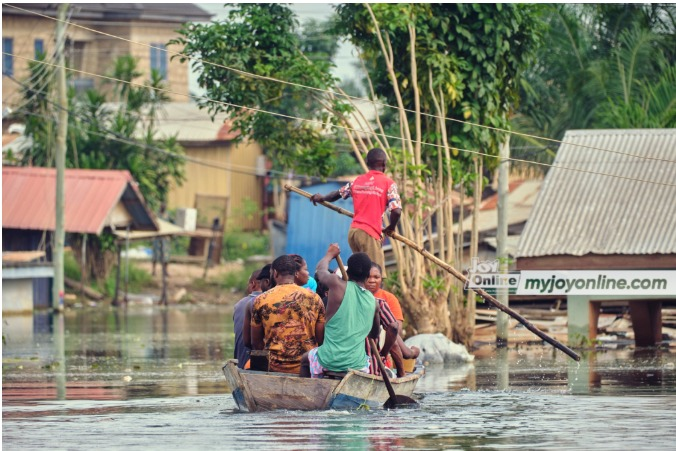
We cannot measure recovery only by how quickly people return home or how many roads are repaired. True recovery must include those who still carry the fear inside: the student who avoids the classroom where the walls shook, the grandmother who fears cooking over fire, the fisherman who cannot approach the river, the young father who flinches at every rumble, and the entire family haunted by memories they cannot share.
The Weight of Unspoken Pain
In Ghana, silence has become one of the most dangerous ways we cope. We praise those who appear “strong,” yet too often that strength hides exhaustion, fear, and nights spent awake with worry. We tell people to count their blessings, yet rarely do we ask them to speak of their grief.
The mother flinches at every strike of thunder, clutching her young child so tightly it leaves marks on her small shoulders, whispering reassurances she does not quite believe herself. The farmer stands frozen at the riverbank, its flooded waters churning, each ripple pulling him back to last year’s flood.
He can still hear the roar of the water as it tore through his home, destroying everything he had built with his life savings. His hands are clenched tight, nails pressing into his palms, as if gripping the river could somehow hold back both the memory and the ache that refuses to leave him.
In the dead of night, a child wakes with wide eyes and a racing heart, terrified of the gentle trickle outside that once became a roar, unable to tell anyone why sleep feels unsafe. In the marketplace, the shopkeeper jerks at every crash, the clang of pots and the banging of shutters replaying in his chest like debris tumbling over him all over again.
These are the faces of unseen pain, the lives touched not just by disaster but by its lingering shadow. True recovery cannot be measured only by rebuilt houses or cleared streets; it must reach the trembling hands, the frozen feet, and the sleepless nights, because healing begins when the invisible is finally seen.
There is a fragile line between resilience and repression, and too often, we cross it. Healing does not come from ignoring pain; it comes from conversation, compassion, and care. Without these, trauma quietly festers.
It returns as depression, anxiety, or substance abuse—struggles we stigmatise instead of addressing. Long after the streets are cleared and the markets reopened, these invisible burdens remain, carried silently by those who have survived, yet not fully healed.
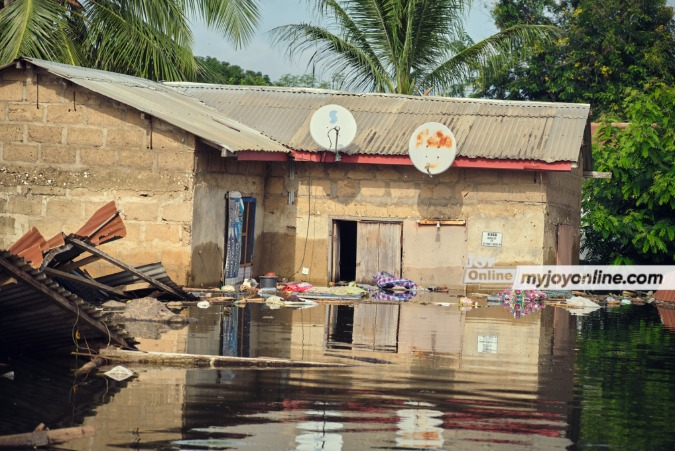
A Policy Still on Paper
Ghana’s National Mental Health Policy (2019–2030) rightly calls for integrating psychological support into health and emergency systems. It envisions a Ghana where mental healthcare is a right, not a privilege. Yet the reality remains sobering.
Less than one per cent of the national health budget goes to mental health. Psychiatric services are concentrated in major cities, while many districts lack trained psychologists or social workers. When crises hit, response plans rarely include trauma counselling or psychosocial support.
In humanitarian emergencies, mental health cannot be treated as a side issue. It is a lifeline. A country that ignores the psychological toll of crises is only half-rebuilding itself.
Empathy as a National Value
We do not all need to be professionals to help. A kind word, a listening ear, or a simple check-in can ease someone’s burden. Communities that foster empathy recover faster because people feel seen, heard, and supported.
If Ghana truly wants to “build back better,” we must also build back kinder, with empathy at the heart of our national response. Mental health should not only be a policy goal; it must become a cultural value.
The Real Recovery
World Mental Health Day may have passed, but its message must remain alive, beyond speeches and hashtags. It should spark action: training first responders in psychological first aid, strengthening community-based care, and helping every Ghanaian understand that mental health is a shared responsibility.
Because long after the tents are folded, the donations dry up, and the news cameras leave, survivors continue to live with the echoes of what they endured.
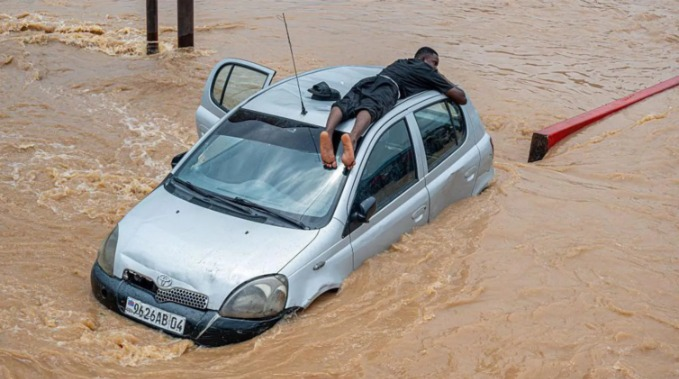
I remember the unseen survivors, those who smile through sleepless nights and keep moving despite the heaviness inside. They remind us that mental health is not just about illness; it is about endurance, recovery, and the quiet courage to begin again.
And perhaps the best way to honour them is not only with awareness, but with understanding, compassion, and action—the kind that rebuilds not only homes, but lives.
DISCLAIMER: The Views, Comments, Opinions, Contributions and Statements made by Readers and Contributors on this platform do not necessarily represent the views or policy of Multimedia Group Limited.
DISCLAIMER: The Views, Comments, Opinions, Contributions and Statements made by Readers and Contributors on this platform do not necessarily represent the views or policy of Multimedia Group Limited.
Source link

